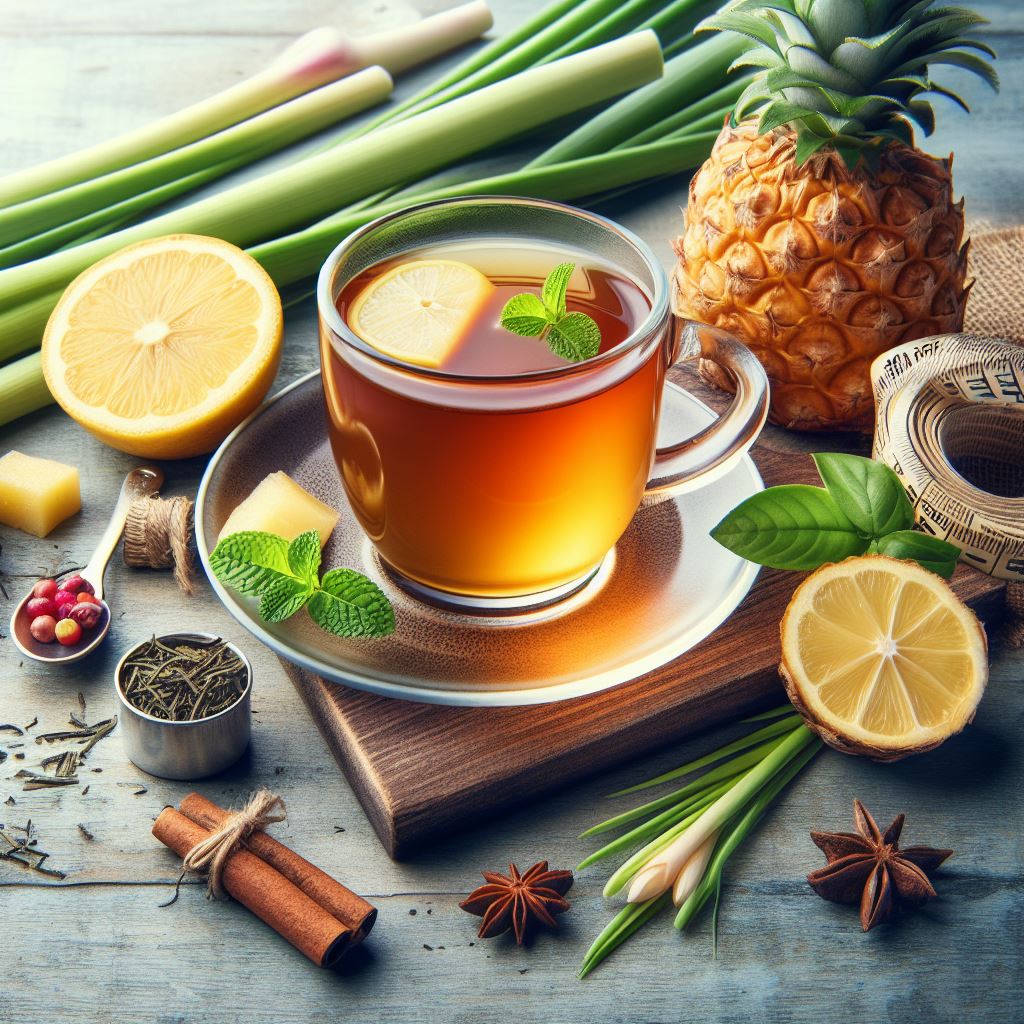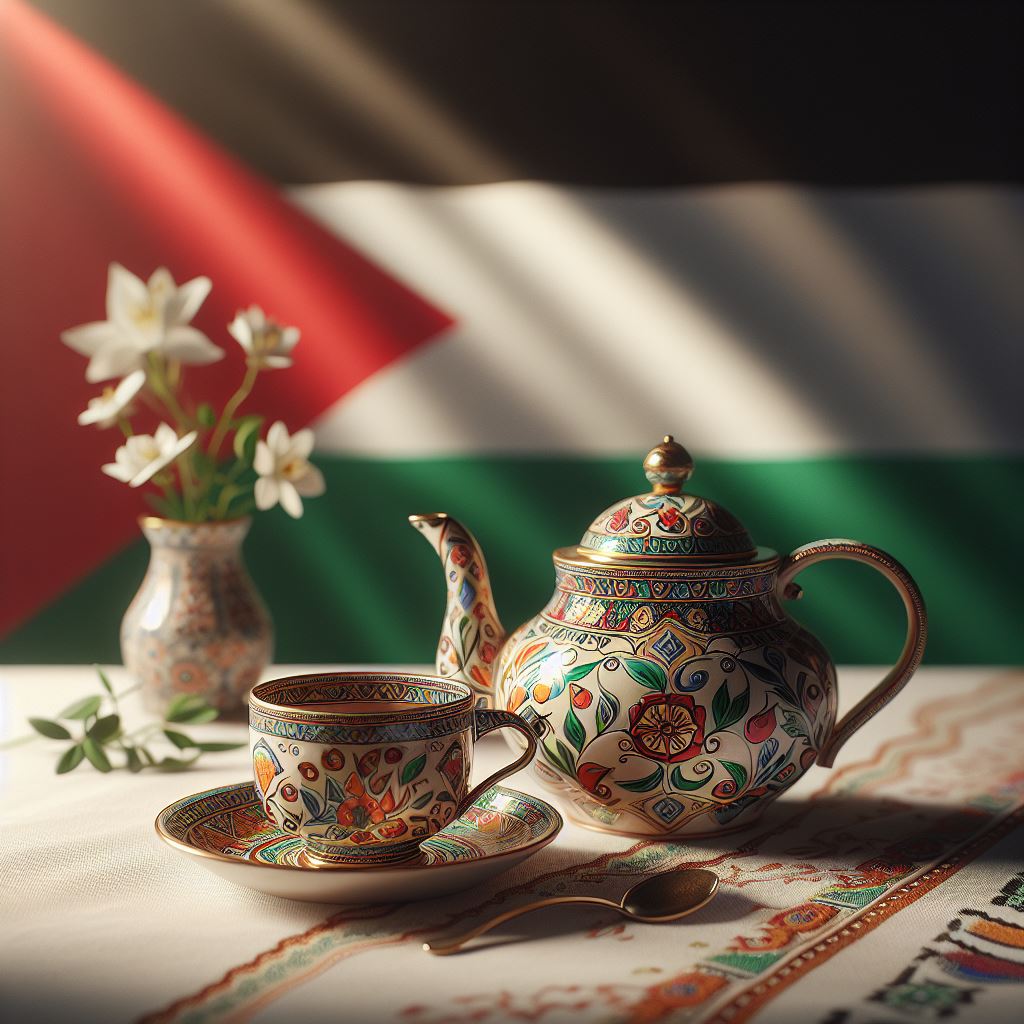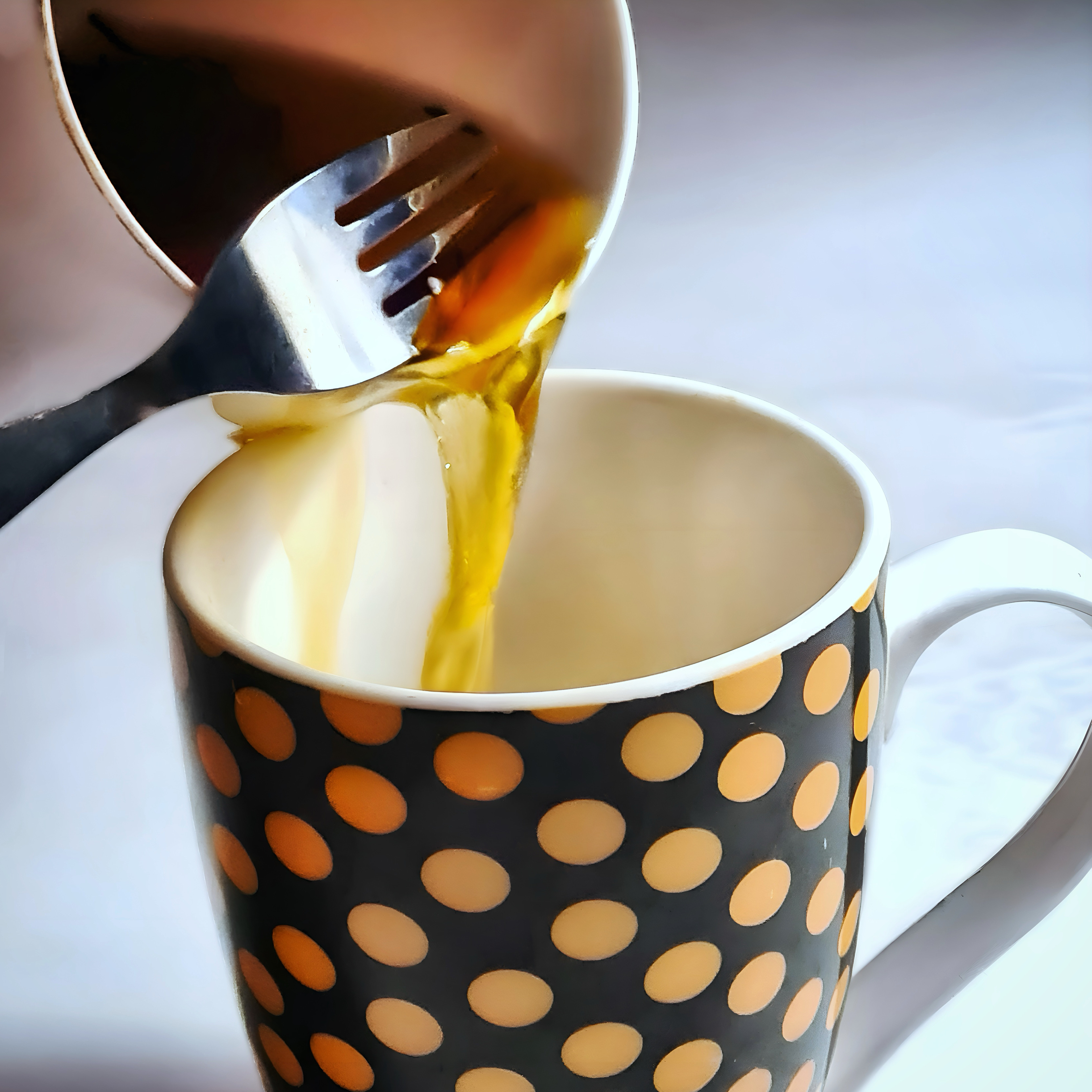Tea is one of the most popular drinks in the world, and many people like to add some sweetness to their cuppa. But what kind of sugar or sweetener should you use? There are so many options available, from white sugar to honey to stevia. How do you choose the best sweeteners for your tea?
In this blog post, we will explore various different types of sugars and sweeteners that you can use for your tea, and which ones go best with what teas. We will also suggest some unique choices of sweeteners and some tips and tricks to make your tea taste even better.

Best Types of Sweeteners For Your Tea
White Sugar

White sugar is the classic sweetener that most people reach for when they want to perk up their tea or coffee. White sugar comes in different sizes of crystals, from regular granulated ones to super-fine ones called icing sugar or confectioner’s sugar. But don’t use powdered sugar for your drinks, unless you want a sticky mess.
White sugar is made from sugar cane that has been stripped of its dark and sticky molasses, and then cleaned, crystallised and dried. It has a neutral taste and melts easily in hot liquid, making it one of the best sweeteners for your tea.
White sugar is one of the most versatile sweeteners, working well with any kind of tea, as it won’t change the flavour or colour of your cuppa. However, some people may find white sugar too boring or too sweet for their liking.
Brown Sugar

Brown sugar is white sugar’s naughty cousin. It has some of the molasses added back to it, which makes it moist and clumpy. It has a rich and caramel-like taste and a dark brown colour.
Brown sugar is a perfect match for black teas, especially the ones with strong or malty flavours, like Assam or English Breakfast. It can also spice up your teas that have some kick to them, like chai or masala tea. Brown sugar can give your tea some depth and warmth, but it can also drown out some subtle or floral teas.
Raw Sugar

Raw sugar is brown sugar’s twin brother. It’s sugar that hasn’t been turned into white. So it still has its natural molasses goodness. It has a light brown colour and a rough texture.
Raw sugar goes by different names, such as turbinado sugar, muscovado sugar, or demerara sugar. These are not exactly the same, but they are the products made at different steps of sugar making. The differences between them are minor.
Raw sugar is a good choice for green teas, oolong teas, or herbal teas, as it has a gentle and natural flavour that won’t ruin the tea’s smell. It can also add some crunch and texture to your tea if you don’t melt it all the way.
Honey

Honey is not a type of sugar, but it’s one of the top sweeteners for tea. Made by bees, it’s a very natural form of sweetener that needs almost no processing before use. Honey has a golden colour and a sticky consistency.
Honey has a unique flavour that changes depending on the origin of the nectar. Some honeys are floral, fruity, nutty, or spicy. Honey can improve the flavour of your tea, but it can also hide some subtle notes.
Honey is a good choice for herbal teas, especially those with mint, lemon, ginger, or chamomile. It can also go well with black teas or rooibos teas. Honey can add some health perks to your tea, such as calming your throat or strengthening your immunity.
Stevia Sweeteners for Your Tea

Stevia is a plant product that is way sweeter than sugar. The fancy name is Stevia rebaudiana Bertoni. For all you health-conscious tea-lovers with a sweet tooth, stevia sweeteners can be found in many health food shops, or even grown in your own garden.
Stevia has no calories and no impact on blood sugar levels, which makes it a good choice for people who want to lower their sugar intake or who have diabetes. However, stevia also has a bitter aftertaste that some people may find yucky.
Stevia is a good choice for any type of tea, as it won’t alter the flavour or colour of your brew. However, you need to use very little stevia to sweeten your tea, as it is much more intense than sugar. A dash of stevia powder or a few drops of stevia liquid are enough for a cup of tea.
Flavoured Syrups

Flavoured syrups are syrups that have been blended with different flavours, such as vanilla, rose, coffee, or cinnamon. They can be made by adding flavour extracts, natural ingredients, or artificial flavourings to a simple syrup base. They can even be made at home very easily at home. Find out How to Make Your Own Flavoured Syrups for Tea and Coffee.
Flavoured syrups are a handy and versatile way to add sweetness and flavour to your tea. You can find many types of flavoured syrups in shops, or you can make your own at home. Flavoured syrups can be used for any type of tea, but they work especially well with milk teas, tea lattes, or iced teas.
Some popular flavours of syrups for tea are:
- Vanilla: A classic and creamy flavour that goes well with black teas, green teas, or rooibos teas.
- Caramel: A rich and buttery flavour that pairs well with black teas, oolong teas, or chai teas.
- Hazelnut: A nutty and sweet flavour that complements black teas, green teas, or herbal teas.
- Coconut: A tropical and refreshing flavour that enhances green teas, white teas, or fruit teas.
- Ginger: A spicy and warming flavour that boosts black teas, herbal teas, or lemon teas.
Unique Choices of Syrups & Sweeteners For Your Tea
If you want to try something different from the usual sugars and syrups, there are some unique choices of sweeteners that you can use to sweeten your tea. These sweeteners may have different health benefits, flavours, or textures that can make your tea more interesting.
Some unique choices of sweeteners for tea are:
- Maple syrup: A natural and flavourful sweetener that is made from the sap of maple trees. Maple syrup has a distinctive taste and aroma that can add some depth and complexity to your tea. Maple syrup is a good choice for black teas, spiced teas, or herbal teas.
- Agave nectar: A natural and vegan sweetener that is derived from the agave plant. Agave nectar has a mild and neutral flavour that won’t overpower your tea. Agave nectar is a good choice for green teas, white teas, or fruit teas.
- Molasses: A natural and dark sweetener that is a byproduct of sugar refining. Molasses has a strong and earthy flavour that can add some richness and colour to your tea. Molasses is a good choice for black teas, oolong teas, or chai teas.
- Date sugar: A natural and wholesome sweetener that is made from dried and ground dates. Date sugar has a fruity and caramel-like flavour that can add some sweetness and fibre to your tea. Date sugar is a good choice for herbal teas, rooibos teas, or fruit teas.
- Monk fruit: A natural and calorie-free sweetener that is extracted from a small melon native to China. Monk fruit has a sweet and slightly fruity flavour that won’t affect your blood sugar levels. Monk fruit is a good choice for any type of tea.
- Rose Syrup: Rose syrup is a sweet and fragrant syrup that has a delicate floral taste, helping to add a touch of romance to any drink. Rose syrup works well with teas that have a mild or fruity flavor, such as green tea, black tea, or herbal tea. You can also use it to make rose soda, rose tea latte, or rose bubble tea
Tips and Tricks
To make your tea even more delicious and enjoyable, here are some tips and tricks that you can use when using sweeteners for your tea.
- Adjust the amount of sweetener according to your preference and the type of tea. Some teas are naturally sweeter than others, so you may need more or less sweeteners depending on the tea. You can also experiment with different ratios of sweetener to find your ideal balance.
- Dissolve the sweetener in hot water before adding it to your tea. This will help the sweeteners blend better with your tea and prevent any clumps or crystals from forming. You can also heat up the sweetener in a microwave or a saucepan if it is too thick or solid.
- Add the sweetener gradually and taste as you go. This will help you avoid adding too much or too little sweetener to your tea. You can also use a measuring spoon or a dropper to control the amount of sweetener more precisely.
- Store your sweeteners properly to preserve their quality and freshness. Most sugars and syrups can be stored at room temperature in an airtight container for up to a year. However, some natural sweeteners like honey or maple syrup may crystallise or spoil over time, so you may need to refrigerate them or warm them up before using them with your tea.
Conclusion
Sweetening your tea can make it more enjoyable and satisfying. There are many types of sugars and syrups that you can use to sweeten your tea, as well as some unique choices of sweeteners that can add some variety and health benefits to your tea. You can also use some tips and tricks to make your tea even more delicious and satisfying.
Sweetening your tea can also make it more fun and creative. You can experiment with different flavours and combinations of sweeteners to create your own signature tea. You can also use sweeteners to enhance the flavour and aroma of your tea, or to complement the food that you are having with your tea.
Whether you prefer white sugar, brown sugar, raw sugar, honey, stevia, flavoured syrups, or any other sweeteners, you can find the best addition for tea that suits your taste and preference. The next time you brew a cup of tea, try adding some sweetness to it and see how it transforms your tea experience.
We hope you enjoyed this blog post on how to sweeten your tea with different types of sugars. If you have any questions or comments, please feel free to leave them below. We would love to hear from you.
Thank you for reading and happy tea drinking! 🍵





Leave a Comment